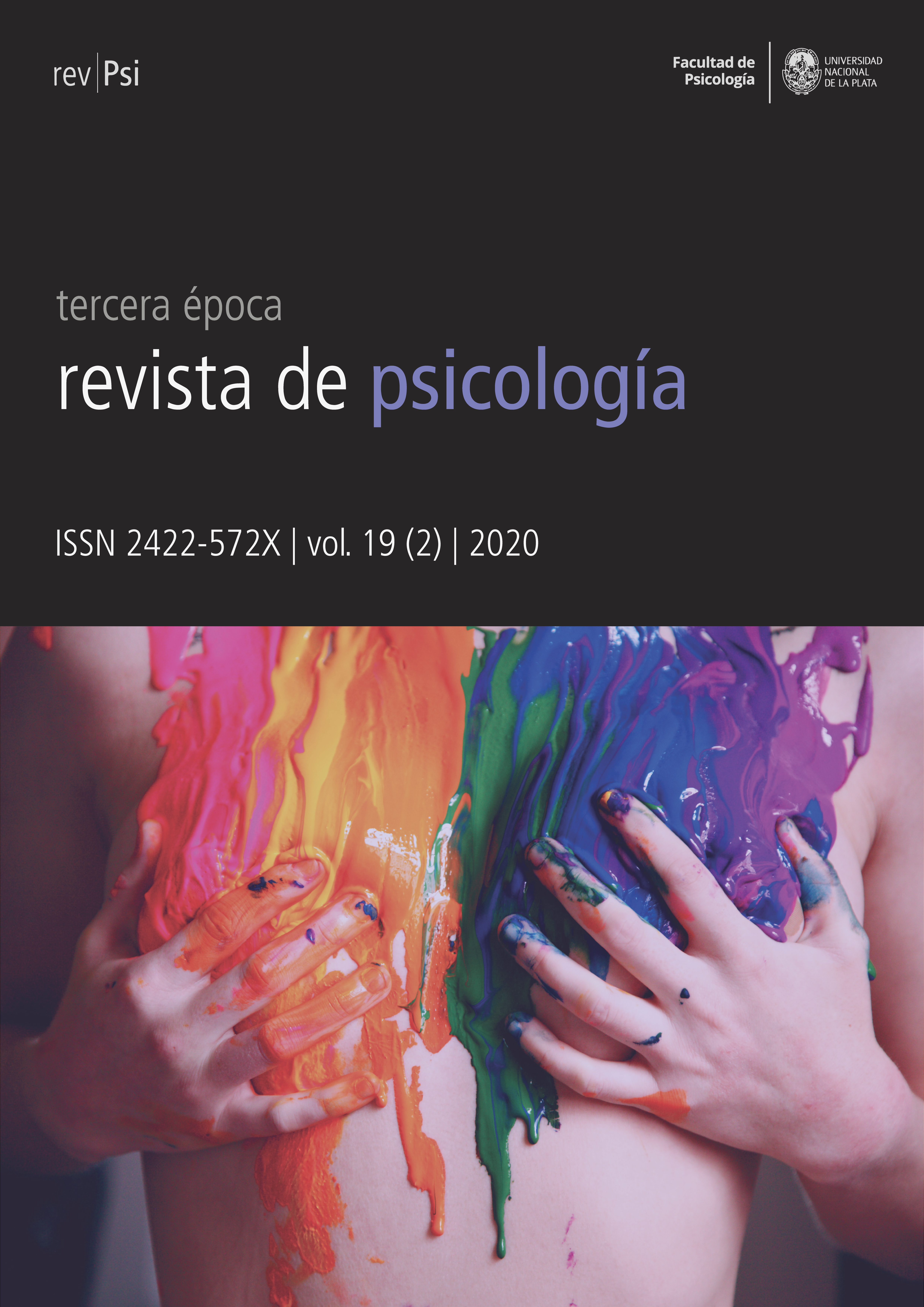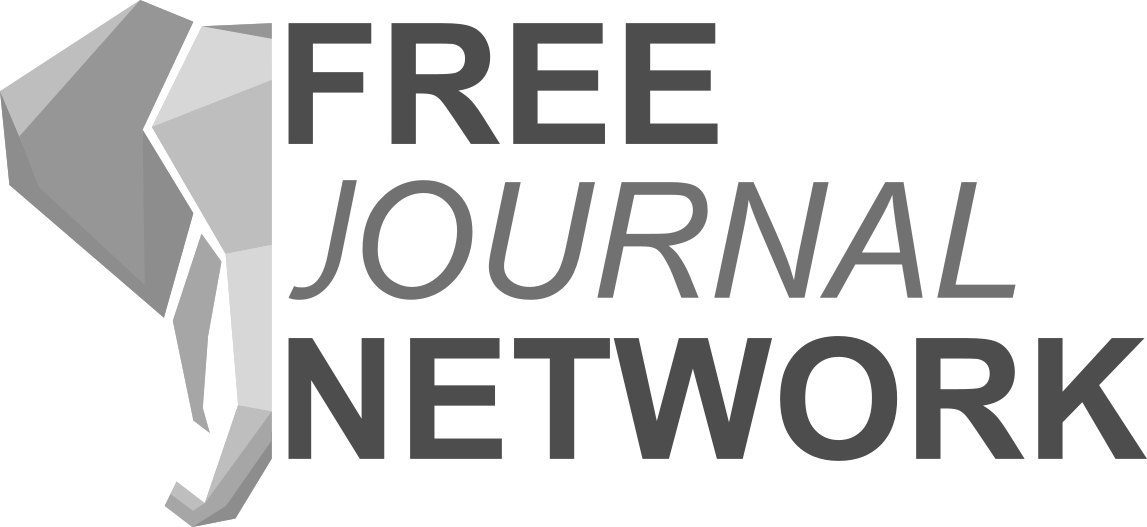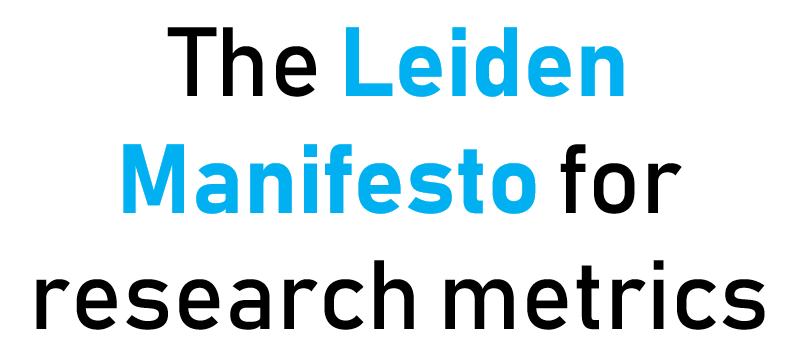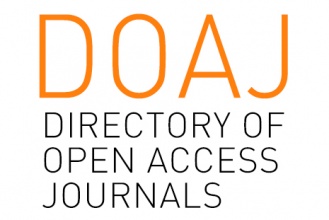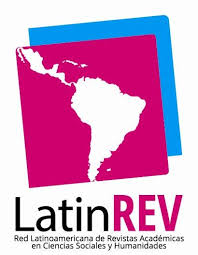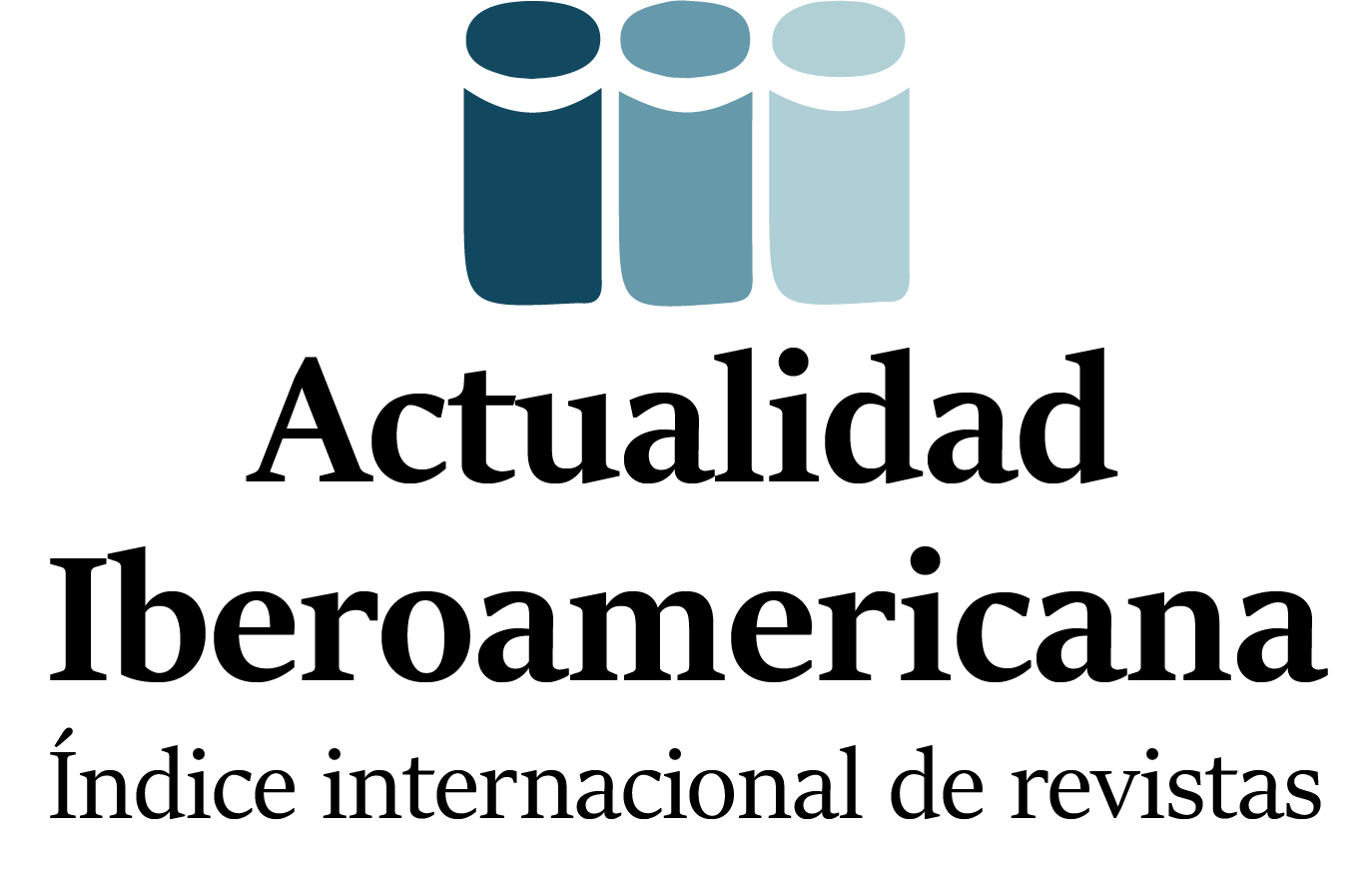Performativity, agency and language
Judith Butler's psychoanalysis as overwhelming excess
DOI:
https://doi.org/10.24215/2422572Xe059Keywords:
Judith Butler, Psychoanalysis, Agency, Lenguage, BodyAbstract
Judith Butler’s queer theory acknowledges as its central piece the notion of performativity, particularly linked to Austin’s speech-acts theory. Its theoretical relevance, that destroys an entire modern tradition of thinking, finds political difficulties when its linguistic constructionism erases any possibility to conceive a strong notion of political agency. In the context of this theoretical-political problem, Butler’s attempts at reconciling the recognition and affirmation of a limit in language’s absolute power of constituting subjects, with her post-structuralist rejection to admit the existence of an extradiscursive realm. When Butler turns to psychoanalysis to point out that very dimension of excess, able to decomplete the dimension of meaning, she tackles an irreconcilable theoretical framework regarding the foucaultian assumptions that sustain her thinking.
Downloads
Metrics
References
Austin, J. (1962/2008). Cómo hacer cosas con palabras. Palabras y acciones. Paidós.
Barad, K. (2007). Meeting the universe halfway: Quantum physics and the entanglement of matter and meaning. Duke University Press.
Bennett, J. (2009). Vibrant matter. A political ecology of things. Duke University Press.
Berger, A-E. (2016). El gran teatro del género. Identidades, sexualidades y feminismos. Mardulce.
Bernini, L. (2015). Apocalipsis queer: elementos de teoría antisocial. Egales.
Bersani, L. (2009). Is the rectum a grave? And other essays. University of Chicago Press.
Boyle, C. (2012). Post-queer (un)made in France? Paragraph, 35(2), 265-280. https://dx.doi.org/10.3366/para.2012.0057
Butler J. (1990). Gender trouble. Feminism and the subversion of identity. Routledge.
Butler, J. (1993). Bodies that matter. On the discursive limits of sex. Routledge.
Butler, J. (1997a). Excitable speech. A politics of the performative. Routledge.
Butler, J. (1997b). The psychic life of power. Theories in subjection. Standford University Press.
Butler, J. (2004a). Precarious life: The powers of mourning and violence. Verso.
Butler, J. (2004b). Undoing gender. Routledge.
Butler, J. (2009). Frames of war. When life is grievable? Verso.
Campagnoli, M. (2013). La noción de quiasmo en Judith Butler: para una biopolítica positiva. Nómadas, 39, 47-61.
Cavarero, A. (2000). Relating narratives: Storytelling and selfhood. Routledge.
Clark, I. (2001). “Measure for measure”: Chiasmus, justice, and mercy. Style, 35(4), 659-680.
Copjec, J. (1989). The orthopsychic subject: Film theory and the reception of Lacan. October, 49, 53-71. https://dx.doi.org/10.2307/778733
Copjec, J. (2015). Read my desire. Lacan against historicists. Verso.
Cusset, F. (2005). French theory, Foucault, Derrida, Deleuze & cía. y las mutaciones de la vida intelectual en Estados Unidos. Melusina.
Derrida, J. (1967/2000). De la gramatología. Siglo XXI.
Edelman, L. (2004). No future: Queer theory and the death drive. Duke University Press.
Femenías, M. L. (2003). Judith Butler: introducción a su lectura. Catálogos.
Femenías, M. L. y Casale, R. (2017). Butler: ¿Método para una ontología política? Isegoría, 56, 39-60. https://dx.doi.org/10.3989/isegoria.2017.056.02
Foucault, M. (1976/2008). La voluntad de saber. Historia de la sexualidad. Vol 1. Siglo XXI.
Freud, S. (1920/2001). Más allá del principio de placer. En sus Obras Completas (9ª Reimpresión), Tomo XVIII (pp. 1-62). Amorrortu.
Halberstam, J. (2008). The anti-social turn in queer studies. Graduate Journal of Social Science, 5(2), 140-156.
Johnson, P. (2005). Improvisation and constraint: New works by Judith Butler. Sociology, 39(4), 755-759. https://dx.doi.org/10.1177/0038038505056033
Lacan, J. (1988a). Escritos I. Siglo XXI.
Lacan, J. (1988b). El seminario de Jacques Lacan. Libro 7. La ética del psicoanálisis 1959-1960. Paidós.
Lorey, I. (2017). Disputas sobre el sujeto. Consecuencias teóricas y políticas de un modelo de poder jurídico: Judith Butler. La Cebra.
Martínez, A. (2013). ‘El grano de arena en el centro de la perla’. Registros de la identificación y formación del sujeto en Judith Butler. En M.L. Femenías, V. Cano y P. Torricella (Comps.), Judith Butler, su filosofía a debate (pp. 213-240). FFyL/UBA.
Martínez, A. (2015a). La tensión entre materialidad y discurso: la mirada de Judith Butler sobre el cuerpo. Cinta Moebio, 54, 325-335. https://dx.doi.org/10.4067/S0717-554X2015000300009
Martínez, A. (2015b). Una huida de lo Real. Vuelcos y rupturas de las referencias psicoanalíticas en el pensamiento de Judith Butler. En M.L. Femenías y A. Martínez (Comps.), Judith Butler: las identidades del sujeto opaco (pp. 187-214). EDULP.
McNay, L. (1999). Subject, psyque and agency: The work of Judith Butler. Theory, Culture & Society, 16(2), 175-193. https://dx.doi.org/10.1177/02632769922050467
Rothenberg, M. (2010). The excessive subject: A new theory of social change. Polity Press.
Schippers, B. (2014). The political philosophy of Judith Butler. Routledge.
Sedgwick, E. (1993). Queer performativity: Henry James's the art of the novel. GLQ: A Journal of Lesbian and Gay Studies, 1(1), 17-32. https://dx.doi.org/10.1215/10642684-1-1-1
Shoshana, F. (1983). The literary speech act: Don Juan with J. L. Austin, or seduction in two languages. Cornell University Press.
Shoshana, F. (2003). The scandal of the speaking body. Stanford University Press.
Vacarezza, N. (2011). Figuraciones del cuerpo con género. Paralelismo y quiasmo. Revista Latinoamericana de Estudios sobre Cuerpos, Emociones y Sociedad, 3(6), 33-43.
Žižek, S. (2006). The parallax view. The MIT Press.
Downloads
Published
How to Cite
Issue
Section
License
![]()
Authors who publish in this journal accept the following conditions:
- Authors retain the copyright and assign the right of first publication to the journal, with the work registered under a Creative Commons attribution license (CC-BY), which allows third parties to use what is published whenever they mention the authorship of the work and the first publication in this magazine.
- Authors can make other independent and additional contractual agreements for the non-exclusive distribution of the article published in this journal (e.g., include it in an institutional repository or publish it in a book) as long as they clearly indicate that the work was published for the first time in this magazine.
- Authors are allowed and encouraged to publish their work on the Internet (e.g., on institutional or personal webpages) before and during the review and publication process, as it can lead to productive exchanges and greater and faster dissemination of published work (see The Effect of Open Access ).

